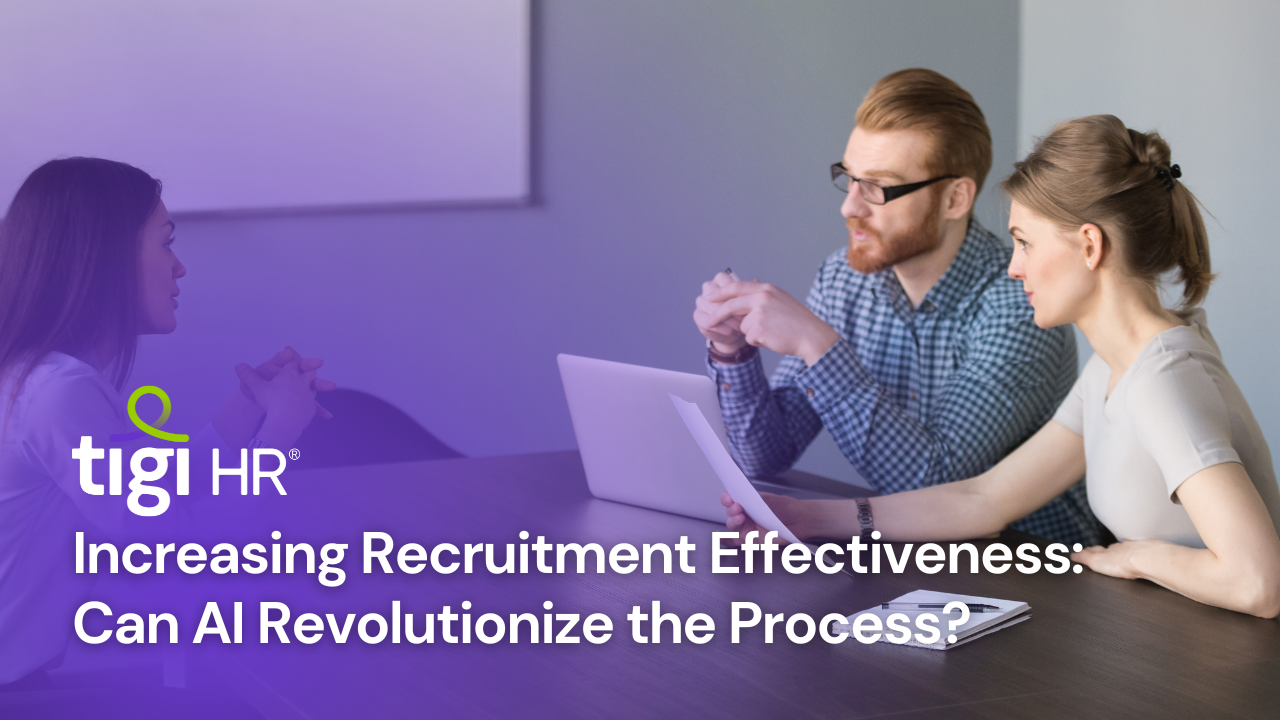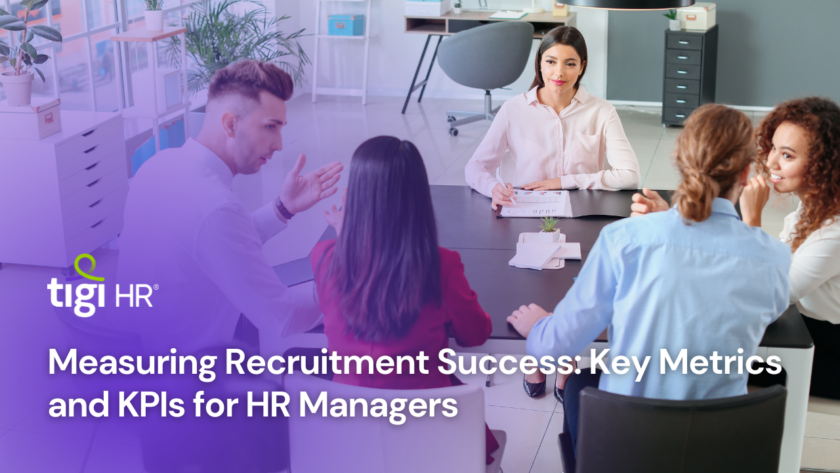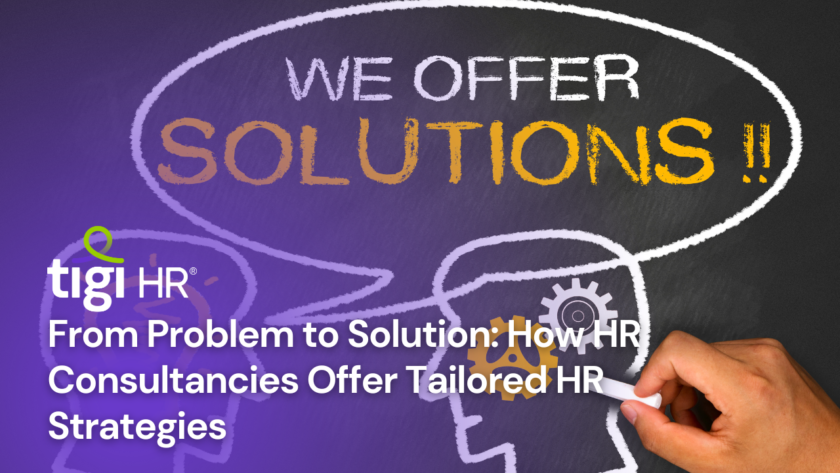Artificial intelligence (AI) is reshaping the landscape of recruitment, offering innovative solutions to age-old challenges. Currently, 43% of Human Resources professionals have already incorporated AI into their hiring practices. The rapid adoption of AI in recruitment is fueled by its potential to enhance and streamline Recruitment Effectiveness. With the global AI market projected to exceed $1.8 billion by 2030, it’s evident that this transformation is both substantial and enduring.
Recruitment is a complex and resource-intensive endeavour, marked by a multitude of tasks – from sourcing and screening candidates to conducting interviews and evaluating talent. The ascent of AI presents an opportunity to simplify these processes, saving valuable time and resources. In this article, we delve into the transformative power of AI in recruitment, exploring its myriad benefits for businesses.
The Role of AI in Recruitment
AI in recruitment refers to the utilization of artificial intelligence technologies to automate and optimize various aspects of the hiring process. This empowers recruiters to leverage data for more informed decisions. AI in recruitment aids in candidate sourcing, resume and application analysis, pre-employment assessments, and even predicting candidate success and cultural fit.
By harnessing AI, recruiters can achieve time savings, improved candidate matching, reduced bias, and data-driven decision-making. AI has the potential to revolutionize recruitment by increasing efficiency, accuracy, and the overall effectiveness of talent acquisition for organizations.
Why AI Matters in Increasing Recruitment Effectiveness
Here are four compelling reasons why staying informed about AI in recruitment is essential for every recruiter:
- Maximizing Recruitment Efficiency:
Traditional recruitment is often bogged down by manual tasks, with recruiters spending up to 30 hours a week on administrative duties such as sourcing, resume screening, and interview coordination. AI solutions can swiftly sift through thousands of applications, identifying qualified candidates. This frees HR teams from mundane tasks, enabling them to focus on strategic activities that drive results. - Mitigating Recruitment Bias:
Unconscious biases can seep into the hiring process, skewing decisions away from organizational values and priorities. Nearly 50% of HR Managers admit to unconscious bias affecting candidate selection. AI can counter these biases, assessing candidates objectively based on qualifications and experience, devoid of age, gender, or race-related biases. - Enhancing Candidate Experience:
An inefficient, impersonal recruitment process can deter job applicants and result in a poor candidate experience. Approximately 60% of candidates have declined job offers due to subpar recruitment experiences. AI-driven tools streamline the application process, making it more engaging and efficient for candidates. By personalizing and enhancing the recruitment journey, AI elevates candidate experience and attracts top-tier talent. - Elevating Quality of Hires:
Employees are the lifeblood of an organization, and one poor hire can detrimentally impact productivity and finances. AI-powered recruiting solutions complement traditional methods, assessing candidates using data and analytics, thereby aiding decision-makers in making informed choices.
AI Applications in Recruitment
AI is poised to revolutionize various facets of talent acquisition:
- Candidate Sourcing:
AI-based sourcing tools expedite the discovery of relevant talent. These tools employ algorithms and machine learning to automate tasks, scouring job boards, internal databases, and social media to pinpoint the most suitable candidates for specific roles. AI-driven sourcing tools offer numerous advantages, including accelerated candidate sourcing, heightened accuracy, and improved collaboration among recruitment teams. - Candidate Screening:
AI screening tools play a pivotal role in swiftly identifying the most qualified candidates among a sea of applications. These tools use AI to extract vital information from job applications, such as qualifications and experience, facilitating more efficient and effective hiring decisions. - Talent Assessment:
AI-powered talent assessment tools gauge candidate competency and personality traits. They incorporate gamification, behavioral assessments, and skill testing. AI analyzes data generated by these tools to provide comprehensive reports on a candidate’s strengths, weaknesses, and personality traits, saving time and enhancing the candidate experience. - Candidate Interviews:
AI-enabled interview platforms streamline the interview process by conducting pre-screening interviews through video calls and text-based interactions. These platforms analyze voice and facial expressions, determining tone, demeanor, and emotional state. AI-driven insights improve recruiter decision-making. - Offer and Onboarding:
AI enhances the onboarding process by creating a personalized and engaging experience for new hires. It tailors the onboarding journey, catering to an organization’s unique needs while accommodating large numbers of new hires.
Conclusion on Increasing Recruitment Effectiveness
In conclusion, AI is a game-changer in the realm of recruitment. Its adoption promises to optimize efficiency, reduce bias, elevate candidate experience, and improve the quality of hires. As organizations embrace AI in recruitment, they position themselves for a future where talent acquisition is not just efficient but also transformative.
Hire talent or find job at tigihr.com





